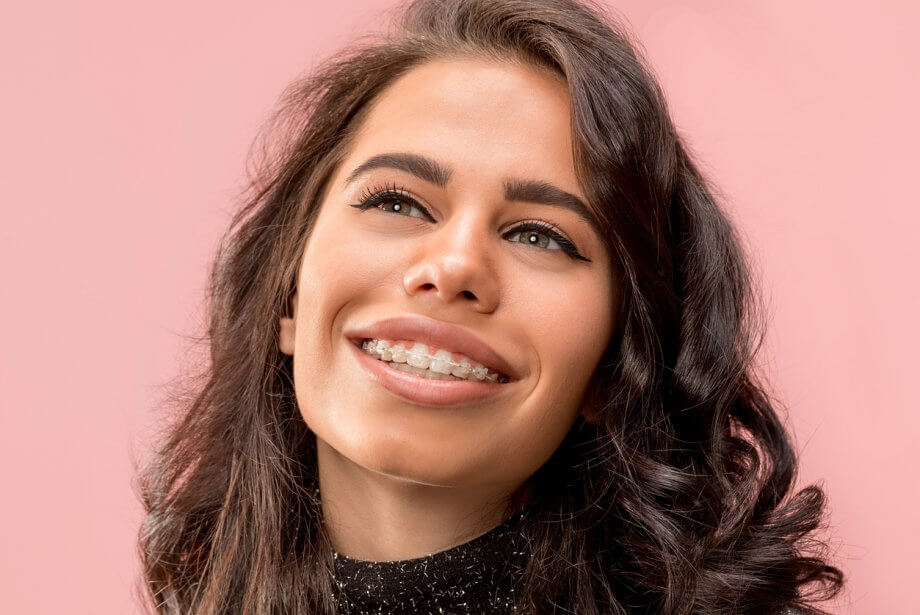Do you wish you had straighter teeth? Has your dentist recommended braces to you or your child? If you’re considering braces for any reason you probably have some questions. If you’ve never had braces before you may not know what to expect. Here are 10 of the most common questions and answers about braces.
1. Are braces necessary or cosmetic?
Both. Braces do straighten your teeth and improve your smile, but more importantly they correct the placement of teeth so that you can chew properly and avoid damage or decay due to misalignment of teeth or bite. The beautiful smile you’ll have at the end is a bonus.
2. How long do you need to wear braces?
The average length of time in braces is anywhere from 1 to 3 years, depending on how extensive the adjustment to the teeth will need to be. Your orthodontist will probably be able to predict how long your treatment may take, but not precisely.
3. What’s the best age to get braces?
There’s not a definite best age for braces. Children, teens, and adults can all benefit from braces. Early intervention orthodontics can start as early as 7 years old, but actual braces are not usually recommended until after the age of 10.
4. Are there less visible options for braces?
Clear ceramic braces are a possible option for those who are concerned about their appearance, but who still want the benefits of traditional braces over plastic aligners. Clear braces are slightly less durable than metal braces, but are still very effective.
5. Are braces painful?
For the first few days after getting your braces put on it is normal to feel some soreness in the mouth. However, some over-the-counter pain relievers like ibuprofen (Advil, Motrin) can usually make it quite manageable. This pain may return on a much more minor scale with each adjustment to the braces along the course of treatment.
6. How do you brush and floss with braces?
Brushing really only requires a little extra care and time to make sure food gets completely removed from around brackets. An electric toothbrush can help. As for flossing you can thread the floss underneath the crosswire to get between each tooth, or consider using a waterpik.
7. Are there foods you can’t eat while wearing braces?
There are some foods that are best avoided while wearing braces to prevent problems. Popcorn kernels get stuck too easily in brackets and can be hard to remove. Chewing on ice or hard/sticky candy can possibly bend or break braces. Apples should be sliced first or avoided altogether.
8. How much do braces cost?
There is not a one-size-fits-all price for every patient who gets braces. It will depend on the course of treatment.
9. Will dental/medical insurance cover braces?
Some dental insurance plans include orthodontics or have an option to add orthodontic insurance to your dental plan. It will usually cover part, but not all of the cost of braces. Financing options, such as CareCredit, can make braces more affordable in the absence of insurance.
10. What happens after your braces are removed?
Once your teeth and bite are in proper alignment, your orthodontist will remove your braces. You will receive a retainer that you will need to wear all of the time (except for eating and brushing your teeth) for a while, and then just at night. Most orthodontists recommend that you never stop wearing your retainers at night to keep your teeth in the proper position.
Still Have More Questions?
If you have additional questions about braces, call Smith Orthodontics at (937) 431-0947. We will answer as many questions as we can over the phone and recommend that you schedule a free consultation to find out more. After an initial evaluation we can give you more accurate details about the length of care, cost, and options. There’s no better time to improve your smile, so call today or request an appointment.

